To live off the grid, one must prioritize self-sustainability and minimize reliance on public utilities and services. Living off the grid requires immense planning and preparation, including finding a suitable location, building or purchasing a self-sustaining system, and adopting a self-sufficient lifestyle.
Off-grid living, also known as homesteading, is a lifestyle that involves disconnecting from public utilities and leading a self-reliant life. Living off the grid is not a simple choice, as it requires significant planning and preparation to achieve. The first step towards living off the grid is to identify a suitable location, preferably with ample access to natural resources like water, sunlight, and land.
The next step is to design and construct a self-sustaining system, which includes solar panels, water wells, compost toilets, and other essentials. Finally, adapting a self-sufficient lifestyle that includes growing food, raising animals, and reducing waste is essential to thriving off the grid.
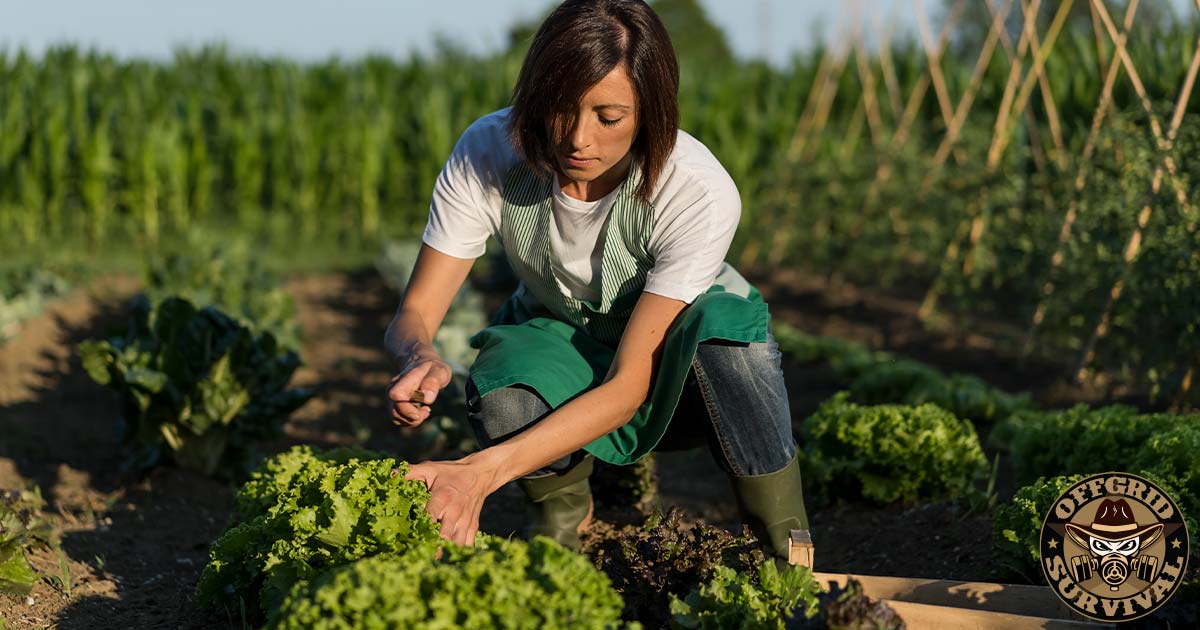
Credit: offgridsurvival.com
Location And Planning
Best Regions For Off-Grid Living
Living off-grid has become a popular alternative to the hustle and bustle of modern living. But before you start packing your bags, it’s essential to find the perfect location that will fit your needs. Here are some of the best regions for off-grid living in the us.
- Pacific northwest: This region is known for its lush green forests, abundant water sources, and mild climate, making it an ideal place for off-grid living. The pacific northwest also has plenty of farming opportunities, and the soil quality is suitable for growing different crops.
- Southwest: The southwest boasts vast expanses of desert land, offering plenty of room to spread out and live off the land. It’s also a popular destination for solar power due to its year-round sunshine.
- Appalachian mountains: The appalachian mountains offer a rugged terrain and stunning mountain views, providing an ideal location for those looking for a more secluded and private lifestyle. It’s also a great place to grow your own food, with fertile soil and a variety of microclimates to choose from.
Identifying The Right Location For Your Off-Grid Living
Finding the perfect spot for your off-grid lifestyle can be challenging. But with the right planning and research, you can identify a suitable location that aligns with your priorities.
- Water source: Living off-grid means you need to think about your water source. Consider areas with abundant natural water sources, such as nearby rivers, streams, or springs.
- Accessibility: Consider how accessible the location is, particularly in case of emergencies. Ensuring that a road leading to your location is key.
- Building codes: It’s important to research the building codes and regulations of the location you’re considering, as this can vary widely from county to county.
Planning And Designing Your Off-Grid Lifestyle
Creating a sustainable off-grid lifestyle requires careful planning and design. Here are some essential points to keep in mind.
- Energy: Off-grid living means relying on alternative energy sources. Consider options such as solar power, wind turbines, or hydroelectric power.
- Waste management: Living off-grid requires taking responsibility for waste management. Consider options such as composting or using a septic system for your waste.
- Food production: Growing your own food is a popular choice for off-grid living, and it’s essential to choose the right crops suitable for the climate and soil quality in your area.
- Backup plan: Finally, it’s important to have a backup plan in place in case of emergencies. This could include a generator to provide backup power or a stockpile of food in case of a natural disaster.
With proper planning and research, off-grid living can be a rewarding and sustainable lifestyle choice. Consider these essential tips when choosing your location and designing your off-grid lifestyle.
Power Generation
How To Generate Power Off The Grid
Generating power off the grid can seem daunting at first, but it’s definitely doable with the right equipment and know-how. Here are some essential tips to get started:
- Choose the right power sources: Renewable energy sources such as solar panels, wind turbines, or hydroelectric generators are excellent options for powering your off-grid home. Consider your location and which options would work best for you.
- Invest in a battery backup system: Battery backup systems are important in case of power outages or when your renewable power sources aren’t generating enough power. Lithium-ion batteries are the most popular choice.
- Use power efficiently: Being off the grid means you need to be mindful of how you use electricity. Energy-efficient appliances, led lights, and smart home systems can help decrease your overall power usage.
- Regular maintenance: Your off-grid power system requires regular maintenance to ensure its effectiveness. Clean your solar panels and perform regular checks on your battery backup system to ensure everything is running smoothly.
With these tips in mind, generating power off the grid is a manageable and sustainable option for those looking to live off-grid.
Water And Waste Management
Off-grid living can be an incredible experience, but it requires significant preparation and attention to detail. One of the most crucial aspects of this type of living is managing the essentials such as water and waste. Whether you’re looking for independence or sustainability, here are some essential tips for thriving off the grid.
Water Sources For Off-Grid Living
Water is vital for life, and off-grid living necessitates finding alternative sources. Some options include:
- Surface water such as lakes, ponds, and streams
- Groundwater from wells or springs
- Rainwater from catchment systems
To ensure a consistent supply, it’s best to have multiple sources available. Before relying on any water source, it’s crucial to test it to ensure its potability.
Water Treatment And Storage
Water treatment is essential to keep the water safe for consumption. Boiling is the most effective method, but it requires fuel and time. Some other methods include:
- Chemical treatment such as iodine or chlorine
- Ultraviolet (uv) treatment
- Filtration using ceramic filters
It’s crucial to store treated water in clean, safe containers that are kept sealed and away from sunlight to prevent bacterial growth.
Waste Management And Disposal
Off-grid living requires creative solutions for waste management. Some strategies to consider include:
- Composting toilets that turn waste into compost for use as fertilizer
- Septic systems that break down waste in a controlled environment
- Greywater systems that reuse water from sinks and showers for watering plants or flushing toilets
Properly disposing of waste is crucial to prevent contamination of water sources and the environment. It’s also essential to be mindful of reducing waste by prioritizing reusable or biodegradable items.
Thriving off the grid requires careful planning and management of essential resources such as water and waste. By understanding alternative water sources, treatment methods, and waste management strategies, you will be better equipped for a sustainable and fulfilling off-grid lifestyle.
Food And Sustainability
Creating A Sustainable Food Source Off The Grid
Living off the grid is a lifestyle choice that requires self-reliance and independence. One of the essential elements of this lifestyle is the ability to create a sustainable food source. Here are some crucial tips to help you achieve this:
- Grow your own food: Gardening is a fantastic way to create a sustainable food source. Choose a garden plot that receives ample sunlight and use organic and heirloom seeds to grow your vegetables. Using compost and natural fertilizers will help sustain the soil.
- Raise livestock: Raising livestock like chickens, goats, and cows can provide a source of food and milk. Ensure they have adequate space to move around, access to fresh water, and clean shelter.
- Aquaponics: An increasingly popular method of cultivating food off the grid is aquaponics, which involves using a closed-loop system that combines fish and plant cultivation. The fish waste provides nutrients for plants, and in turn, the plants purify the water for the fish.
Food Storage And Preservation
Once you have created your sustainable food source, you must ensure that it lasts long and fresh. Here are some ways to store and preserve food off the grid:
- Root cellar: A root cellar is an excellent way to store vegetables and fruits, especially in cold climates. It requires proper ventilation, humidity, and temperature control.
- Canning: Canning is a go-to food preservation technique that has been around for centuries. You can preserve vegetables, fruits, and meat using this method.
- Drying: Drying is a food preservation technique that involves removing moisture to prevent bacterial growth. This technique is ideal for preserving fruits, vegetables, and meat.
- Fermentation: Fermentation is another method of preserving food off the grid that utilizes the activity of good bacteria to keep food fresh for a more extended period. Sauerkraut, kimchi, and pickles are some of the popular fermented foods.
Living off the grid is an exciting and rewarding lifestyle, which requires careful planning and preparation. By creating a sustainable food source and adopting techniques for food storage and preservation, you can. enjoy a self-sufficient lifestyle with a bountiful supply of fresh and nutritious food.
Safety And Emergency Preparedness
Off-Grid Safety Considerations
Living off the grid requires a different level of responsibility for safety and security. Without public services like law enforcement, you must take control of your own safety and security situation. Here are some essential safety considerations while living off the grid:
- Install durable doors and windows with secure locks to keep unwanted visitors away.
- Keep your property well-lit, especially at night.
- Build fences and/or plant thorny bushes around your property to discourage potential intruders.
- Have a backup source of power for lighting, like solar or battery-powered lights, in case of emergencies or power outages.
- Keep first aid kits, fire extinguishers, and smoke detectors in every room of your home. These items can be lifesaving in case of an emergency.
- Create a fire plan and ensure everyone in your household understands the exit strategy.
Emergency Preparedness Off The Grid
Emergencies are unpredictable and can happen anywhere, anytime. Preparing for different types of emergencies, big or small, is essential when you’re off the grid. Below are some tips to help you prepare for emergencies:
- Keep an emergency kit in a safe and easily accessible location. The kit should include items such as water, non-perishable food, extra clothing, batteries, flashlights, a radio, and a first-aid kit.
- Stay informed about the weather and potential natural disasters through local radio stations and news alerts.
- Have an evacuation plan in case of natural disasters or other emergencies that require you to leave your property.
- Know how to shut off all power and water sources in case of an emergency.
- Keep a list of important phone numbers, such as emergency services, local doctors, a nearby hospital and family or friends to contact in case of an emergency.
Living off the grid presents unique opportunities, but it also requires you to be proactive and take responsibility for your own safety and emergency preparedness. With the right planning, you’ll be equipped to handle any situation and thrive in your off-grid lifestyle.
Frequently Asked Questions For How To Live Off The Grid?
What Is Living Off The Grid?
Living off the grid refers to living without modern utilities such as electricity, gas, or water. People who live off the grid tend to rely on alternative sources of energy such as solar panels, wind turbines, or hydropower, and aim to be fully self-sufficient.
What Are The Benefits Of Living Off The Grid?
Living off the grid can offer benefits such as reducing your environmental impact, reducing your dependence on traditional utilities, saving money on utility bills, and living a simpler, more sustainable lifestyle. It can also offer a sense of independence and self-reliance.
How Do You Get Started With Living Off The Grid?
Getting started with living off the grid requires research and planning. Start by assessing your energy needs, researching the best alternative energy sources for your area, and considering your water and waste management needs. You’ll also need to determine your food sources and transportation options.
What Are The Challenges Of Living Off The Grid?
Living off the grid can be challenging, especially if you are used to modern amenities and conveniences. Challenges may include finding reliable sources of energy and water, dealing with waste management, and adjusting to a more self-sufficient and physically demanding lifestyle.
Do You Have To Live In A Rural Area To Live Off The Grid?
Although many people who live off the grid do so in rural areas, it is possible to live off the grid in urban or suburban areas as well. However, living off the grid in an urban or suburban area may present additional challenges, such as finding suitable alternate sources of energy and dealing with zoning laws.
Conclusion
Living off the grid might seem daunting, but it’s definitely doable if you’re committed to it. In this post, we’ve explored the various aspects of living off the grid, including finding the right location, generating power, growing your own food, and handling waste.
Whether you’re seeking a more sustainable lifestyle or looking for a way to disconnect from the stresses of modern life, living off the grid can help you achieve those goals. With careful planning, hard work, and dedication to sustainability, anyone can live off the grid and reap the benefits of a simpler life.
So go ahead, take the leap and start living off the grid. You might be surprised at just how rewarding it can be when you’re living in harmony with nature and with yourself.

“My name is Leo Jacob, and I hold a Bachelor of Science degree with Honors in Applied Environmental Science and Sustainability from the University of the West of Scotland. Since childhood, I’ve been passionate about living an eco-friendly life. After completing my studies, I dedicated myself to finding simple ways to lead a more environmentally conscious lifestyle. I launched ecolifely.com to share my educational background and practical experiences with everyone, hoping to inspire others to join me in creating a greener, more sustainable world.”



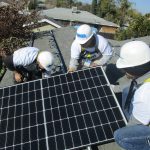

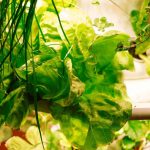
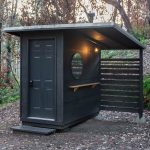
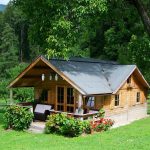
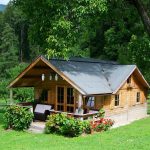

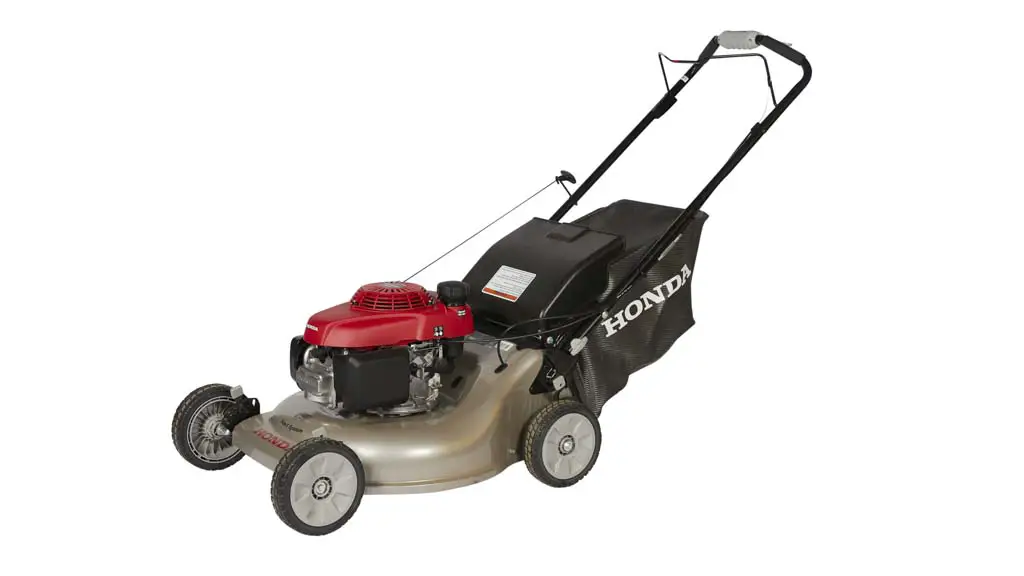


Leave a Reply